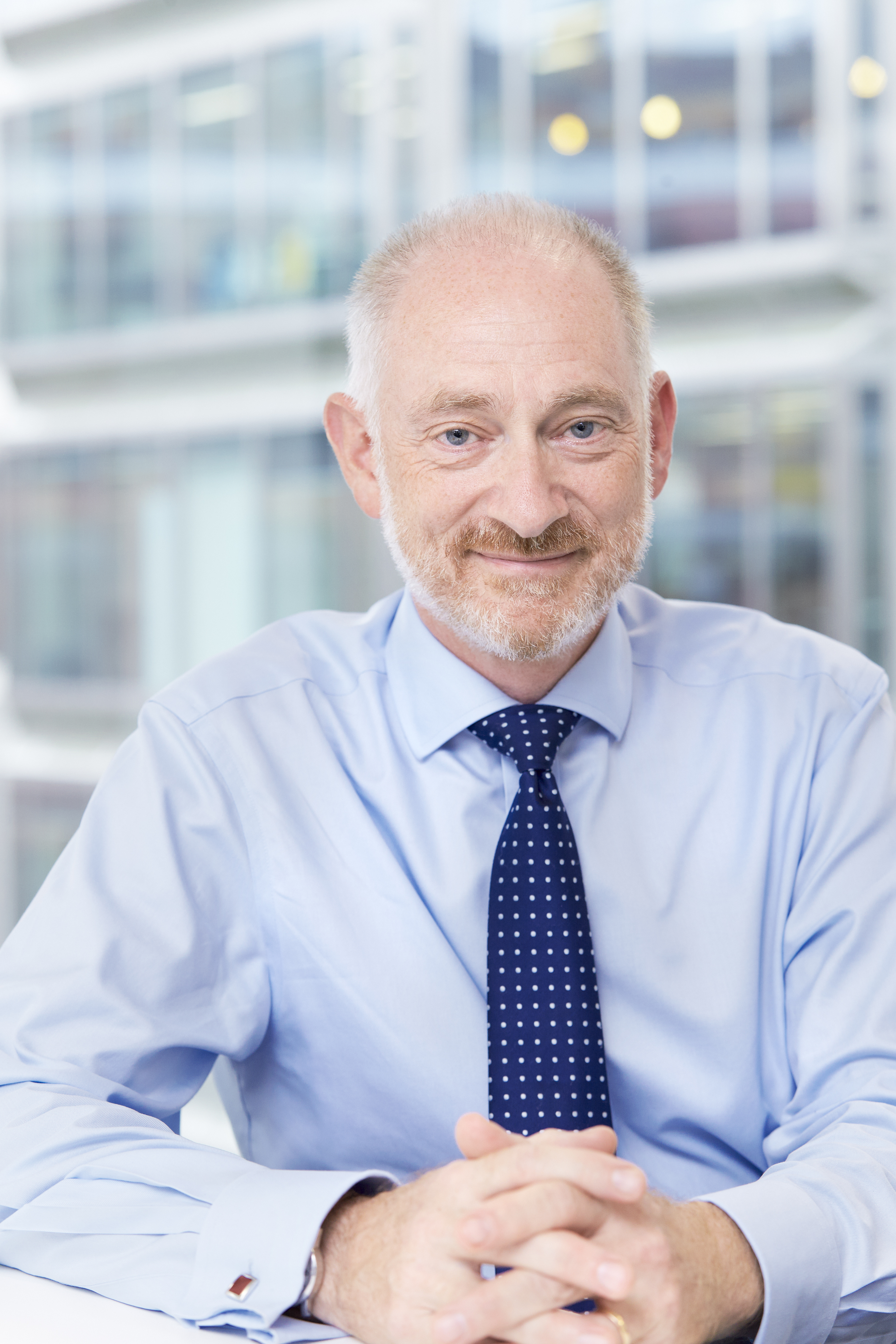The path to a Just Transition

Last week, academics, government leaders and industry experts from across the energy sector gathered in Durham City for a thought-provoking discussion on the future of energy and how to ensure a just transition to a cleaner future. This event brought together speakers from finance, policy, technology and advocacy backgrounds to share their insights on the policies and finance needed to achieve a Just Transition.
Here we share a summary of the reflections of Benj Sykes, Chair of the Advisory Board for the Durham Energy Institute, on the energy transition discussions at this recent event.
The first panel session started the debate around sustainable investing – including whether Environmental, Social and Governance (ESG) principles should be mandatory or voluntary for financiers. With one speaker noting that whilst ESG funding is crucial, the priority should be making renewables the obvious investment choice based on financial returns – investors need to be investing in the energy transition rather than fossil fuel business based on returns incentives, not policy requirements.
There is a huge need for offshore wind deployment to accelerate to achieve the target of 2050 NetZero – as successive governments have stated, offshore wind will become the backbone of Britain’s electricity system. Currently, the UK is investing $10 billion a year in offshore wind energy rather than the $50 billion a year that is required. These figures must not overshadow those that are needed to be invested in communities, the environment and in the other positive outcomes that will deliver all of that clean energy within a Just Transition. There is a huge opportunity here for industry and society, but we need to unlock the pathway that will drive those investments.
The second panel considered the energy policy framework and the need to align environmental and social priorities in the shift to sustainable energy. One speaker noted that "There’s no path to net zero that doesn't pass through the homes of the poor”, emphasizing that affordability and accessibility must remain top concerns to take the whole of society through the energy transition.
The” Ask an expert” session gave attendees the chance to explore the different facets of the energy transition. A great opportunity to explore in detail what a Just Transition actually looks like, and what’s needed to deliver it.
Benj concluded his speech with the following motivational analysis:
“Overall, it’s been a fantastic day. What came across to me very clearly is that the transition to a clean future is not just about technology. We heard about policy and what that does to people, we talked about the Just Transition, we talked about financing - all of these things come together very neatly in the mission of the Durham Energy Institute, which is all about where energy meets people. There’s a phrase that we’ve been using recently that I find quite helpful – “over the last decade and more, the energy transition has largely been about a few thousand people deciding on how to spend a few hundred billion pounds, we now go to a world where we’ve got tens of millions of people who all need to make the right choices about how to spend a few hundred or a few thousand pounds” – it’s a completely different challenge and if we don’t step up to that challenge, and continue to see this as being all about techno-economics, we will fail. So, if we’re going to deliver for people and planet, we’ve got to get onto that, and the DEI is the place where that is going to happen – I’m very excited to be involved.”
Find out more
- See the fantastic research we do at the Durham Energy Institute including wind power, solar energy, smart technologies for energy management, energy storage, carbon dioxide geostorage, the continuing development of novel energy materials, and behavioural change in society associated with renewable energy use. The DEI is also driving the UK hydrogen revolution as a replacement for fossil fuels.


/prod01/prodbucket01/media/durham-university/research-/research-institutes/durham-energy-institute/landscapes-cityscapes-montages-etc/Walney-sunset-2000X800.jpg)